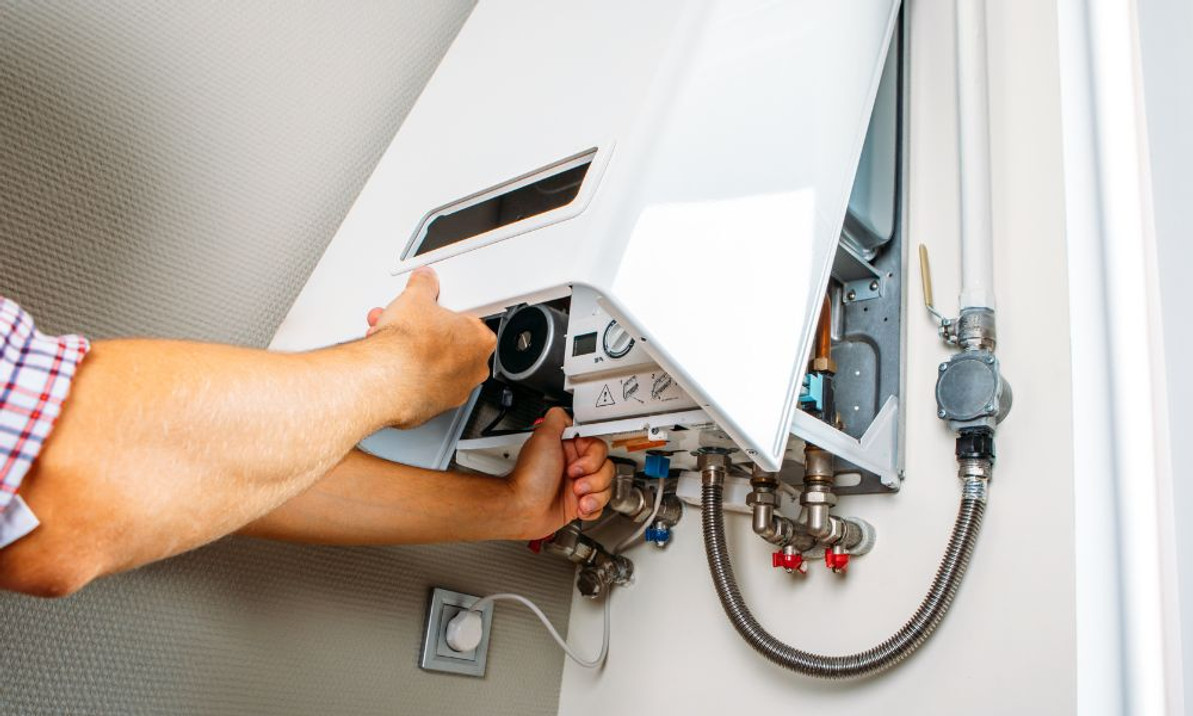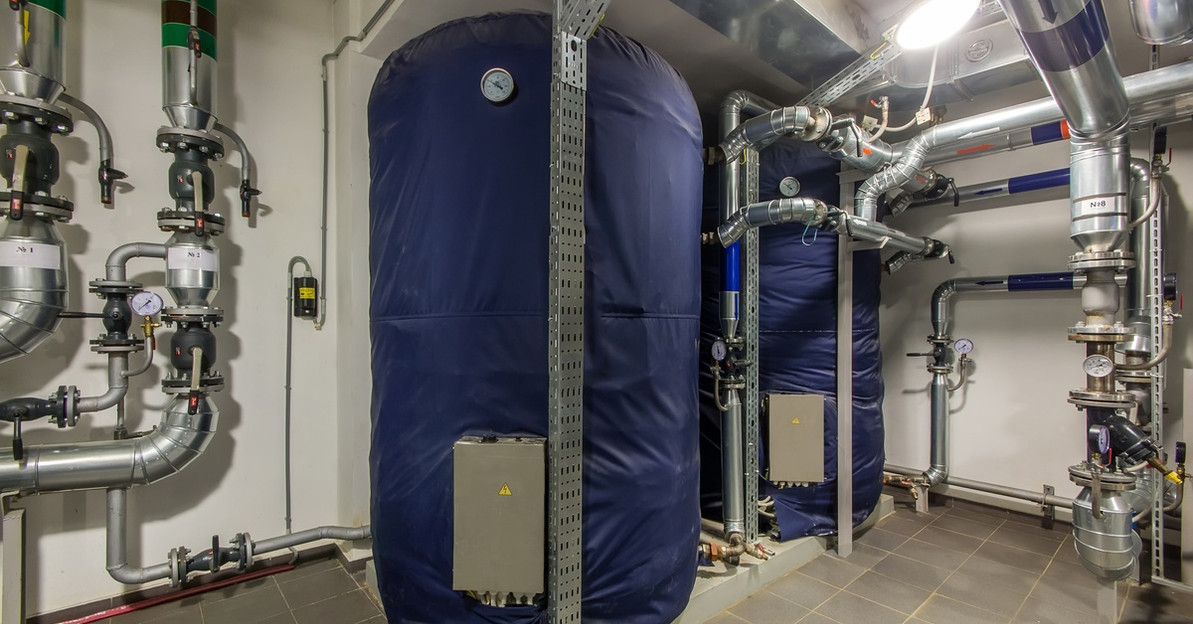Radiators vs. Underfloor Heating: Their Impact on Boilers
If you are in the midst of choosing an indoor heating solution for your home, you’ve probably come across radiators and underfloor heating. Each of these systems offers a unique method of providing warmth and comfort in your home. However, don’t forget to consider the impact of radiators and underfloor heating on your boiler before you make your choice.
This guide will delve more deeply into the operational intricacies of these two heating systems and discuss their interactions with boilers.
Understanding Radiators
A radiator acts as the primary dispersal point for heat within an enclosed space, like a bedroom or an office. The boiler heats up the water, which then travels through pipes to arrive at the radiators.
Inside the radiator, the heat from the water transfers to the metal and disperses the warmth into the room. As the metal of the radiator heats up, it expands and releases this heat in a process known as convection. When the water cools down, it returns to the boiler for reheating, creating a continuous circulation of warmth throughout the building.
Understanding Underfloor Heating
Meanwhile, the operative element of an underfloor heating system is a collection of pipes or electric coils installed beneath the floor surface. The boiler heats up water, which then circulates through these pipes. The heat generated by the hot water radiates upward, warming the floor surface and, subsequently, the air in the room.
Unlike traditional radiators, underfloor heating allows for heat to be evenly distributed across the entire floor. Underfloor heating systems connected to a heating boiler provide consistent warm temperatures throughout the room.
Effects on Boiler Lifespan and Performance
How will your choice of indoor heating solution affect your boiler over time?
Radiators
Radiators use hot water from a boiler in a continuous circulation that can use that heat efficiently if everything is properly maintained and updated. When the radiator and boiler are working as intended, the system requires relatively low water temperatures and does not place much strain on the boiler.
However, if your radiators have not been updated in at least 10 years, you may have internal corrosion or sludge deposits inside that can hamper their effectiveness. Outdated radiators force a boiler to work harder, which may reduce its lifespan. Moreover, the more radiators you have, the more powerful your boiler has to be—if it’s underpowered, heating your home could place excess strain on the boiler.
Underfloor Heating
Underfloor heating systems operate at lower temperatures compared to radiators, which means the boiler doesn’t have to work as hard to heat the water. This reduced workload can potentially prolong the boiler’s lifespan and decrease energy costs.
However, installing underfloor heating is a complex process that requires careful integration with the boiler and existing plumbing. Not all boilers may be compatible with underfloor heating systems, so you’ll need to plan your installation thoroughly and consider all available options before beginning the project.
In your quest for energy efficiency and indoor comfort, you have plenty of heating solutions to choose from. Radiators and underfloor heating stand out as popular systems, but efficient home heating doesn’t stop at making that choice. You must also understand your specific needs and circumstances, how radiators and underfloor heating impact your boiler, and the logistics of installation.
Recent Posts
-
7 Signs That Your Water Heater Is Leaking
A water heater might not be the flashiest appliance in your home, but when it starts acting up, it c …Jun 27th 2025 -
The Impact of Booster Pumps on Water Quality
Imagine turning on your faucet, only to watch a weak stream of water struggle its way out. It’ …Jun 16th 2025 -
Step-by-Step Guide To Installing a Commercial Water Heater
Installing a commercial water heater is a big project, especially when it directly impacts the comfo …Jun 10th 2025





